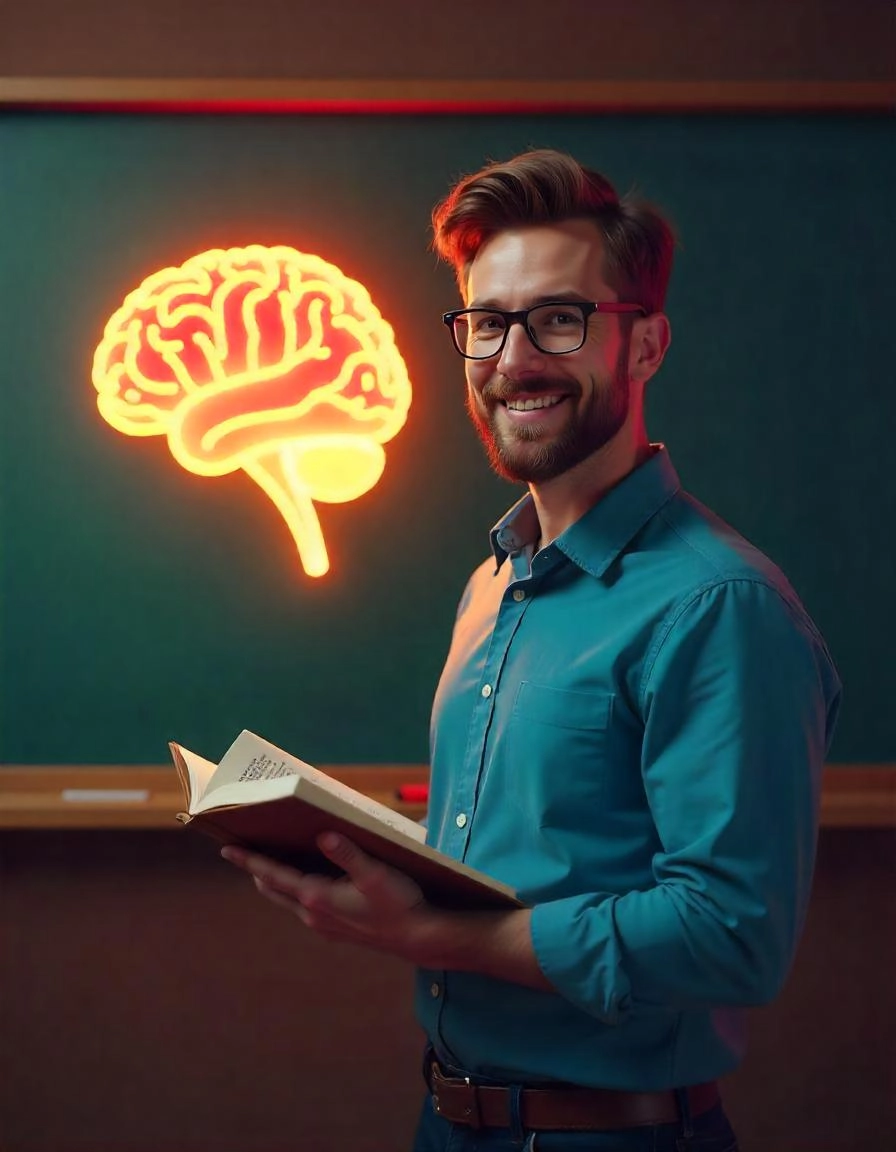
Education is more than just delivering knowledge; it is also about understanding how students learn and meet their specific needs. This is where educational psychology comes into play. Educational Psychology is an important branch of Psychology that focuses on the development of children and adolescents. It studies the factors that affect the growth and development of individuals.
Classplus, an innovative learning management system, offers educators with a powerful tool to help them succeed in their teaching endeavors by incorporating educational psychology principles.
In this article, we will look at the benefits of educational psychology and how it can help educators succeed.
What is Educational Psychology?
Educational Psychology is an important branch of Psychology that focuses on the development of children and adolescents. It studies the factors that affect the growth and development of individuals. It helps educators understand what students need to succeed at school and at home. They also help teachers plan lessons and evaluate student progress.
Teachers are experts in the subject matter and know what works best for each student. They also understand the student’s personality and behavior. The teacher helps the students understand concepts and ideas through lectures, discussions, assignments, tests, projects, etc.
Benefits of Educational Psychology
What is educational psychology? It is an important tool for teachers that helps them understand what students need to succeed in school and in life. It also helps them to teach effectively in the classroom. Teachers can help students by using teaching methods and strategies according to the behavior and understanding of the students.
- Educational psychology focuses on identifying and addressing central problems in education.
- It clearly depends on understanding the student’s behavior and individual differences.
- Educational psychology helps teachers gain insights into students’ needs, strengths, and challenges.
- It helps to curate the solution according to the students.
- Helps teachers understand students’ cognitive capacity and information retention abilities.
- By applying it’s principles, teachers can enhance their instructional strategies and promote student success.
Benefits of Educational Psychology
1. Implementing Effective Strategies
It utilizes psychological principles, concepts, theories, and models in growth and development, motivation, intelligence, working memory, thinking, and problem-solving. These topics allow them to select an application of psychological principles that suitably match the school environment and the characteristics of the teacher and learners.
As a result, teachers will be able to identify the main factors that influence the quality of teaching and learning and thus plan and implement effective strategies to solve problems.
With Classplus, educators can get their own app where they can create effective learning strategies for their students. The platform offers features like student analytics, performance tracking, and adaptive learning modules, enabling educators to identify each student’s strengths, weaknesses, and learning styles. To know more, take a FREE demo now!
2. Selection of Learning Methods
Learning methods are based on the needs of the student. Educational psychology can help teachers determine the best strategy or method of teaching and learning proper and appropriate, as well as relating to the characteristics and uniqueness’s of the individual student.
The types of learning and learning styles, and the level of development being experienced by the students. Having a proper understanding of students helps curate the best learning methods and strategies.
3. Understanding the Individual Differences
Understanding individual differences is an important aspect of education. Teachers need to understand students’ different characteristics and needs at various levels to effectively teach them. In addition, understanding students’ different characteristics help teachers create an environment conducive to learning.
It can help teachers and prospective educators understand the different characteristics of children at various levels of growth and make teaching strategies accordingly. Using strategies that suit the differences of students will help the teachers to improve their students’ grades.
4. Knowing What is Important
Educational Psychology excludes anything that isn’t true about the process of education and learning. It focuses on what is important when we talk about learning and teaching. It provides the most important information and skills to teachers.
These exclude all theories and views that rely on personal opinions and inaccurate and subjective observations about students. It also helps teachers understand the needs of each student and what kind of education will benefit them best.
5. Building a Conducive Learning Environment
It plays an important role in helping teachers design a suitable learning environment. Teachers need to know how to create a positive emotional climate in the classroom, so the learning process can be effective. A teacher should understand the classroom environment and its characteristics. Teachers need to know what kind of learning climate they want to create in class.
Teachers need to know the principles of education and learning and a different approach to the learning process. It plays an important role in helping teachers design a classroom atmosphere conducive to learning.
6. Design, Organize and Evaluate
Time tables should be designed based on the needs of the learners. For example, which subject is considered difficult, where the conditions and mood of the students were still very fresh in receiving course materials? It plays an important role in helping teachers design, organize and evaluate school teaching activities.
It provides teachers with the skills necessary to teach effectively. They gain an understanding of the role of the teacher in the classroom and the different types of teaching strategies available. They also learn about the characteristics of effective teachers and how to identify them.
7. Providing Proper Guidance

Teachers need to understand each student’s needs and help them succeed. Teachers should guide students through the learning process, helping them overcome obstacles and difficulties. Educational and vocational guidance is necessary for students at different stages of life.
It helps teachers understand what students need to learn and how best to teach them. It also helps teachers identify and address any issues that may interfere with learning.
8. Evaluation of Learning Outcomes
Evaluation is a complex task because many factors influence the student’s success. In order to measure student learning, it helps teachers study the relationship between teacher behavior and student achievement.
It helps them identify the best ways to assess student learning and then design tests that will accurately reflect the knowledge and skills that students should possess after completing a course. It helps teachers design lessons, assess student progress, and evaluate teaching effectiveness.
Final Thoughts
Educational Psychology helps teachers identify strengths and weaknesses in the process and the outcome of the education process. With Classplus as your trusted partner, you may harness the power of educational psychology to maximize the effectiveness of your instruction.
Personalized learning, active engagement, metacognition, and data-driven decision-making become available success tools. Accept the power of educational psychology and Classplus to embark on an educational excellence journey. Connect with us now to know more!

Benefits of Educational Psychology to the Teacher FAQs
A1. Educational Psychology plays an important role in assessing the student’s educational and psychological development with the help of specialist skills. This helps teachers to understand a student’s needs to develop and can make proper teaching strategies accordingly.
A2. The two types of educational psychology are behaviorism and cognitivism.
A3. Educational psychology is the study of how people tend to learn and retain information.
A4. Characteristics of educational psychology are :
Good Listening skills
Problem-solving skills
Empathy
Good with Children
Ethical
A5. Educational psychology helps teachers to know how a learning process takes place. It helps them to guide the students in the right direction.



